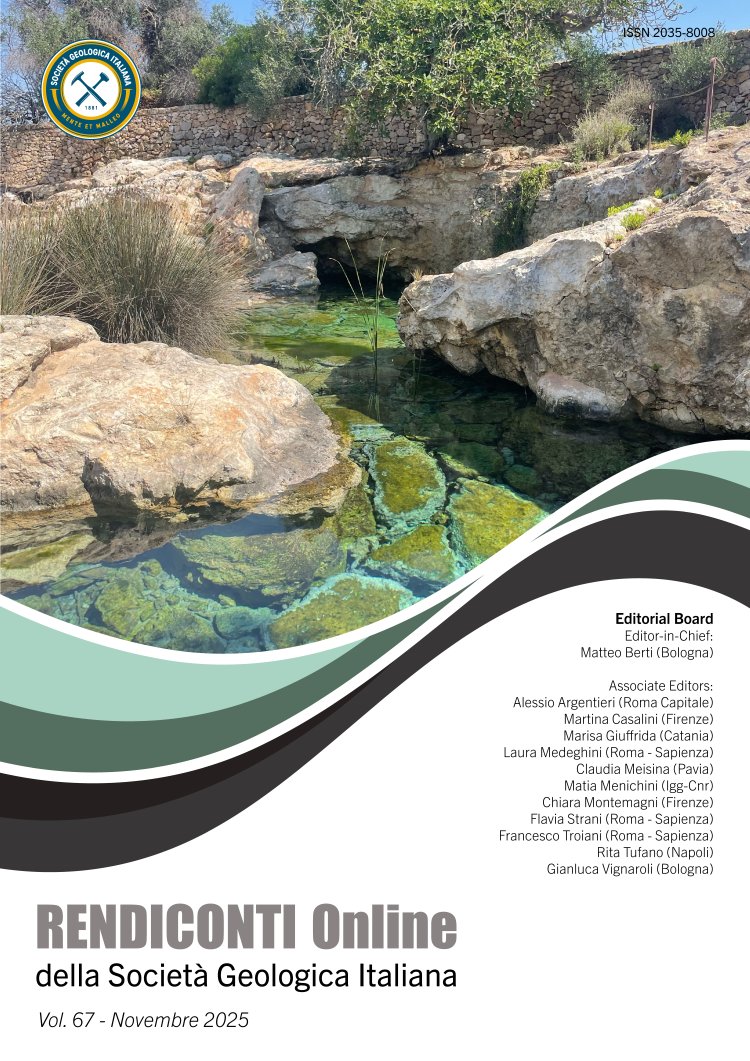
Artificial Intelligence applications to data-driven groundwater resources management: the KINDRA example
Marco Petitta1, Leila Jane Di Giacomo2 & Sathish Sadhasivam1
1sup
Volume: 67/2025
Pages: 36-43
Abstract
The European Union Project Knowledge Inventory for Hydrogeology Research (KINDRA https://kindraproject.eu/) built a metadata database very useful to be tested by using a tool of Artificial Intelligence across the knowledge inventory for hydrogeology research, with the ultimate goal of helping the implementation of policies and optimisation of water management in Europe. As a common repository of research across all European countries, KINDRA has faced three challenges that we tested the application of AI to help resolve. First and foremost, standardisation of the translation into a common language (English) of contributions in multiple languages. An additional challenge was the generation and continuous optimisation of keywords as the database grew. The use of AI has proven effective at identifying optimal keywords both in an unconstrained
environment and in a constrained one, among a predetermined list. As all research data repositories, the third challenge faced by KINDRA was its ease of use by the research community at large, testing translation in other languages than english.
Keywords
Get Full Text